Top 5 scandals in automotive history

Scandales are a part of every industry and the automotive industry is no exception. From faulty vehicles to rigged experimental data these scandals have caused a ton of harm and, in some cases even cost customers their lives.
KEY TAKEAWAYS
How many cars were affected in the Takata airbag recall?
Tens of millions of vehicles with Takata airbags are under recall.What went wrong with the airbags made by Takata?
The potentially deadly flaw in the Takata airbag lies in the airbag's propellant as per regulators.Who exposed the VW scandal?
The dieselgate scandal was brought to light by three college students.Though the automotive industry has kept a pretty clean image over the years, in over 100 years of its lifespan there are a few malpractices that tinder its reputation.
From Ford and GM to Volkswagen and Toyota, all have bent the rules and regulations to boost profits. Consequence? Well, all have to pay for their dishonesty; several automakers were declared bankrupt, and others bore the loss and recalled the affected vehicles.
Also, such foul plays substantially affect the company's public image which again takes years and a lot of effort (plus money) to rebuild.
There have been several automotive scandals over the years, but here are some of the most notable ones:
1. Volkswagen Emissions Scandal
In 2015, it was discovered that Volkswagen had installed software in their diesel vehicles to cheat emissions tests. This resulted in the recall of millions of vehicles and billions of dollars in fines and legal settlements.
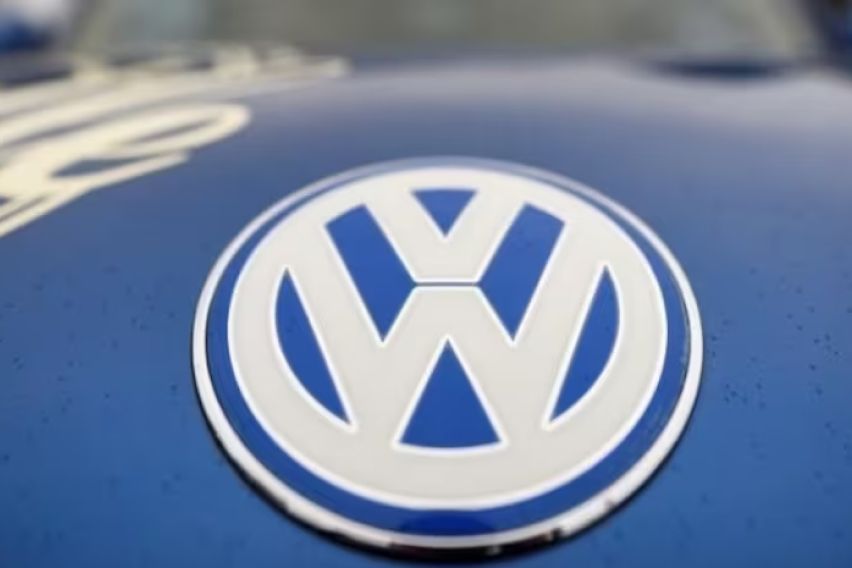
The emissions scandal had significant consequences for the company. Here are some of the specific consequences they faced:
Financial Penalties: Volkswagen faced substantial financial penalties as a result of the scandal. In the United States alone, they agreed to pay over $25 billion in fines, settlements, and compensation to affected customers. This included a $14.7 billion settlement with the U.S. Environmental Protection Agency (EPA).
Recall: Volkswagen had to recall millions of vehicles worldwide to address the emissions cheating issue. This not only incurred significant costs but also damaged the company's reputation and customer trust.
Legal Actions: The scandal led to numerous lawsuits and legal actions against Volkswagen. These included class-action lawsuits filed by customers, shareholder lawsuits, and government investigations in multiple countries.
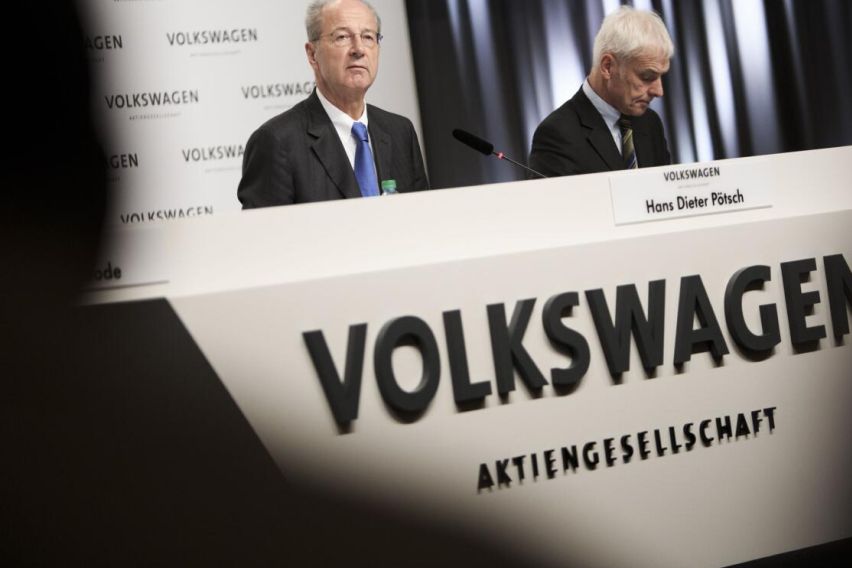
Reputational Damage: Volkswagen's reputation took a major hit due to the scandal. The company had long been associated with reliability and environmental consciousness, but the revelations of cheating on emissions tests severely damaged public trust in the brand.
Leadership Change: The scandal resulted in significant leadership changes within the company. Several top executives, including the CEO, resigned or were forced to step down. Volkswagen also implemented changes to its management structure and corporate governance.
Loss of Market Share: The scandal harmed Volkswagen's sales and market share. The company experienced a decline in sales following the revelations, and it took time to regain consumer confidence.

Overall, the consequences of the emissions scandal were significant for Volkswagen, involving substantial financial penalties, legal actions, reputational damage, and leadership changes. The company has since taken steps to address the issue and regain the trust of customers and the public.
2. Toyota Unintended Acceleration
In the late 2000s, Toyota faced accusations that some of its vehicles were experiencing unintended acceleration, thus causing accidents and fatalities. All this led to a recall of millions of vehicles and a settlement with the US government.

Here are some of the key details and consequences of the scandal -
Allegations of Unintended Acceleration: Drivers of certain Toyota models reported instances of unintended acceleration, where their vehicles would suddenly accelerate without warning, even when their foot was on the brake. These reports led to multiple investigations and recalls of millions of vehicles.
Recalls and Investigations: Toyota recalled millions of vehicles worldwide to address the unintended acceleration issue. The company was also investigated by the National Highway Traffic Safety Administration (NHTSA) and the US Congress, among others.
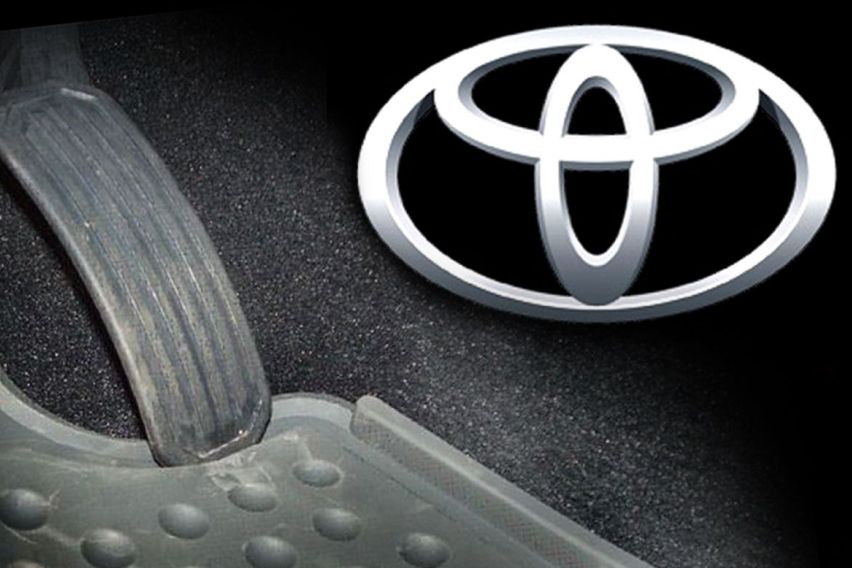
Legal Actions: Toyota faced numerous lawsuits and legal actions related to the unintended acceleration issue. This included class-action lawsuits filed by customers, as well as government investigations and fines.
Reputational Damage: The scandal hurt Toyota's reputation, which had long been associated with reliability and safety. The company's sales and market share declined following the revelations of unintended acceleration, and it took time to regain consumer trust.
Changes to Safety Processes: The scandal resulted in changes to Toyota's safety processes and management structure. The company established an independent safety advisory panel and implemented new quality control measures to prevent similar issues from occurring in the future.
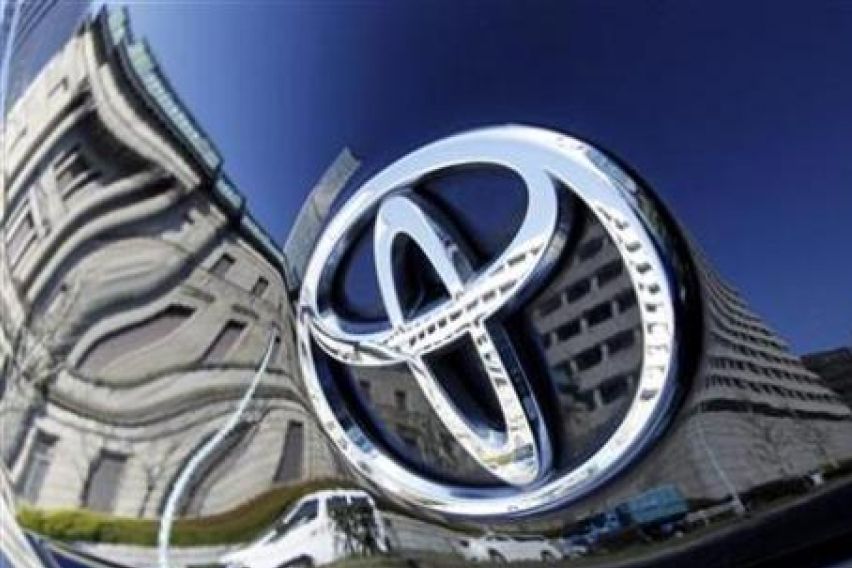
Overall, the unintended acceleration scandal had significant consequences for Toyota, including recalls of millions of vehicles, legal actions and fines, reputational damage, and changes to safety processes. The company has since taken steps to address the issue and improve its safety record.
3. General Motors Ignition Switch Recall
In 2014, General Motors began recalling millions of vehicles due to an ignition switch defect that could cause the vehicles to shut off while being driven, leading to accidents and fatalities.

It is regarded as a major automotive scandal and here are some key details and consequences of the recall -
Ignition Switch Defect: GM discovered a defect in the ignition switches of certain models, which could cause the switch to unintentionally move from the "run" position to the "off" or "accessory" position while the vehicle was in motion. This defect could result in the loss of power to vital systems, including power steering, power brakes, and airbags.
Delayed Recall: One of the significant issues with the GM scandal was the delayed recall of the affected vehicles. It was found that GM had knowledge of the ignition switch defect for many years before issuing a recall. This delay resulted in accidents, injuries, and even fatalities.
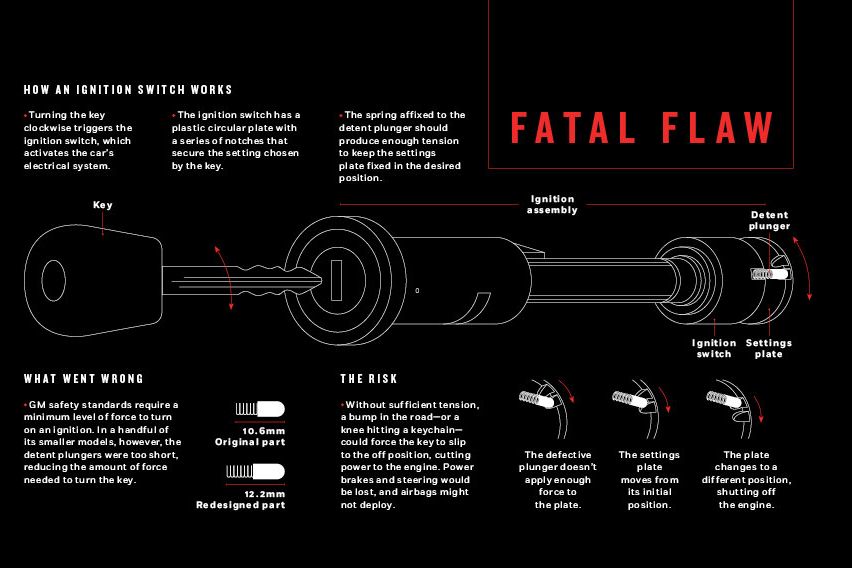
Recalls and Investigations: GM ultimately recalled millions of vehicles worldwide to address the ignition switch issue. The company faced investigations by regulatory bodies, including the NHTSA and the US Congress. The recall and investigations led to a deep examination of GM's safety practices and corporate culture.
Legal Actions and Compensation: GM faced numerous lawsuits related to the ignition switch defect. The company established a compensation fund to provide financial settlements to victims and their families affected by accidents caused by the defect. The total amount paid out by the compensation fund reached billions of dollars.
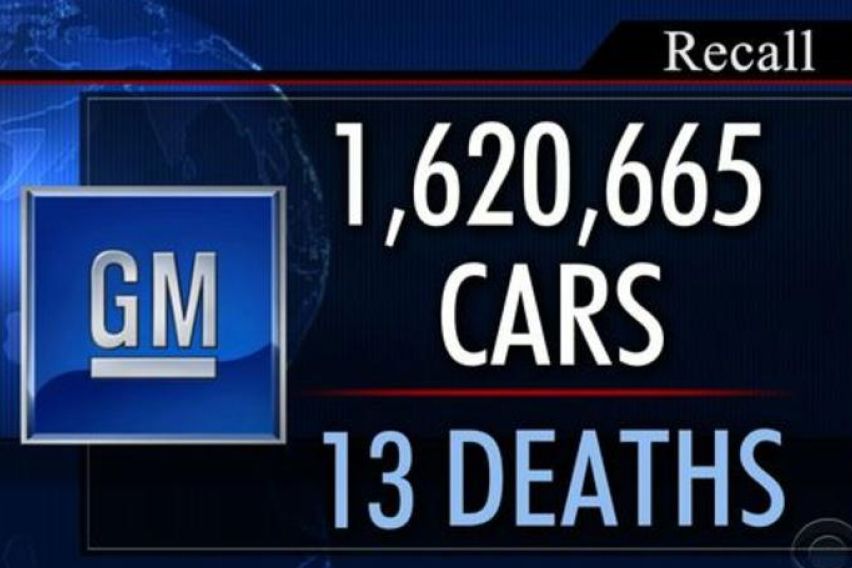
Reputational Damage: The ignition switch recall had a severe impact on GM's reputation. The scandal highlighted issues with the company's safety practices, transparency, and responsiveness. It took time for GM to rebuild trust with customers and regain its reputation.
Changes in Leadership and Safety Measures: The scandal led to changes in GM's leadership, including the CEO stepping down. The company also implemented significant changes to its safety processes and increased accountability to prevent similar issues from occurring in the future.
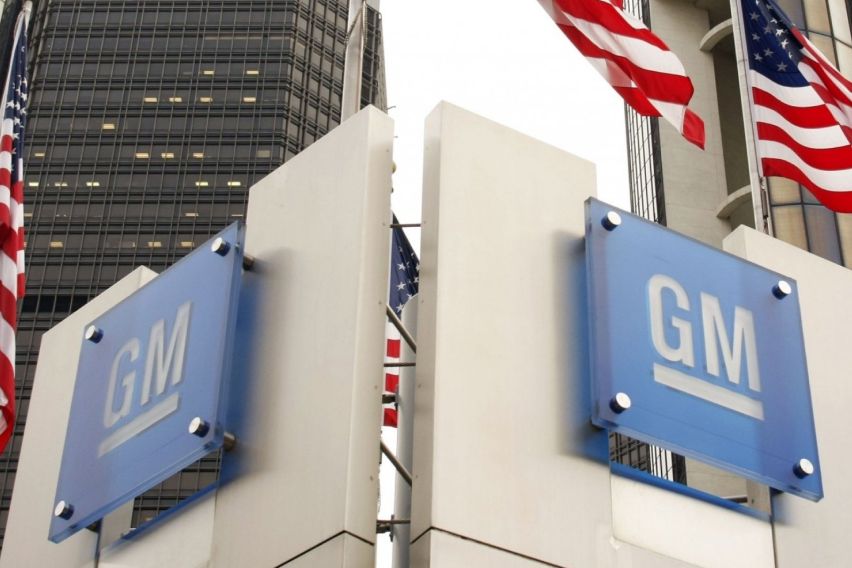
In summary, the GM ignition switch recall had significant consequences, including recalls of millions of vehicles, legal actions, reputational damage, changes in leadership, and the establishment of a compensation fund. The scandal prompted a reevaluation of safety practices within the company and highlighted the importance of timely and transparent responses to potential safety issues in the automotive industry.
4. Ford Pinto Fires
In the 1970s, Ford was found to have known about a design flaw in its Pinto vehicles ( subcompact car manufactured by Ford Motor Company in the 1970s) that could cause fuel tanks to rupture and catch fire in rear-end collisions. This led to numerous lawsuits and a tarnished reputation for the company.

Here are some key details and consequences of the Ford Pinto fires:
Fuel Tank Design Flaw: The Ford Pinto was found to have a design flaw in its fuel tank placement. The fuel tank was located behind the rear axle, making it vulnerable to rupture in the event of a rear-end collision.
Fire Risk: Due to the poor design, rear-end collisions could cause the fuel tank to rupture and result in fuel leakage. This fuel leakage, combined with sparks or flames from the collision, could lead to fires and severe injuries or fatalities.

Controversial Cost-Benefit Analysis: It was revealed that Ford had conducted a cost-benefit analysis during the development of the Pinto, weighing the cost of fixing the design flaw against potential lawsuits due to injuries or deaths resulting from fires. The analysis suggested that it would be more cost-effective to pay settlements rather than recall and fix the vehicles.
Lawsuits and Legal Consequences: The Ford Pinto fires led to numerous lawsuits against Ford, with plaintiffs alleging negligence and wrongful death. The cases resulted in significant legal settlements and damage awards against the company.
Safety Improvements: The controversy surrounding the Ford Pinto fires prompted increased scrutiny of automotive safety standards and regulations. It led to stricter safety regulations and the establishment of the National Highway Traffic Safety Administration (NHTSA) in the United States.

Reputational Damage: The Ford Pinto fires had a severe impact on Ford's reputation. The company faced criticism for its prioritization of cost savings over safety. It took time for Ford to rebuild trust with consumers and restore its brand image.
Lessons Learned: The Ford Pinto fires served as a significant case study in business ethics and product safety. The incident highlighted the importance of prioritizing consumer safety and conducting thorough risk assessments during the product development process.

In summary, the Ford Pinto fires were a tragic series of incidents that resulted from a design flaw in the fuel tank placement of the Ford Pinto. The fires caused injuries and fatalities, led to lawsuits and legal consequences for Ford, and sparked discussions about business ethics and product safety. The incident ultimately contributed to the improvement of automotive safety regulations and standards.
5. Takata Airbag Recall
Starting in 2013, several automakers began recalling vehicles equipped with defective Takata airbags that could explode and cause serious injury or death. The recall affected millions of vehicles worldwide.
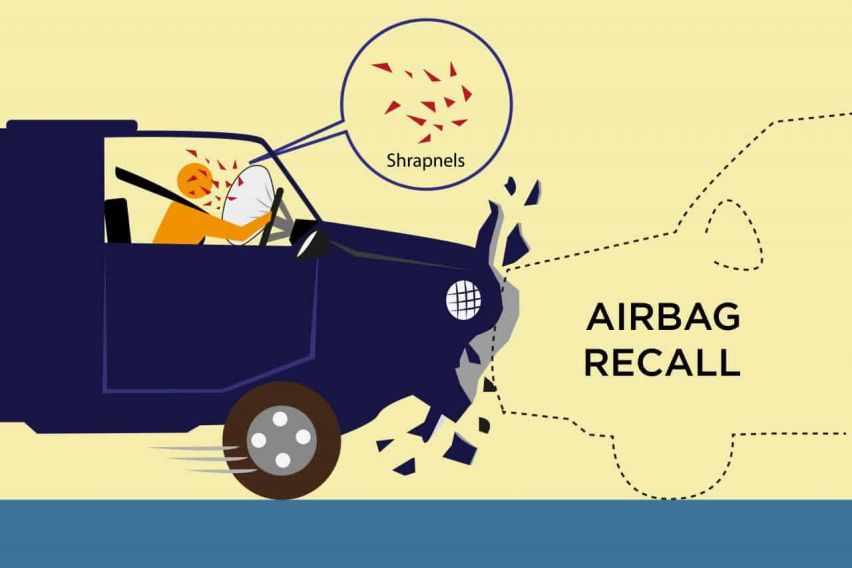
The Takata airbag recall is one of the largest and most complex automotive recalls in history. It involves defective airbag inflators manufactured by Takata Corporation, a Japanese automotive parts supplier. Here are some key details and consequences of the Takata airbag recall:
Defective Airbag Inflators: The recall was initiated due to a defect in Takata's airbag inflators, which could rupture when deployed. This defect could cause the inflator to explode and send metal fragments flying into the vehicle cabin, posing a significant risk of injury or death to occupants.

Scope of the Recall: The recall affected millions of vehicles across various automobile manufacturers worldwide. It was estimated that over 100 million vehicles equipped with Takata airbags were potentially affected.
Injuries and Fatalities: The defective Takata airbags have been linked to numerous injuries and deaths worldwide. The majority of the incidents occurred in regions with high heat and humidity, as these conditions were found to contribute to the inflator degradation over time.
Investigations and Fines: Takata faced investigations from regulatory bodies, including the NHTSA and other international authorities. The company was fined for its failure to promptly address the safety issues and provide accurate information to regulators.

Recalls and Replacements: Automakers conducted extensive recalls to replace the defective Takata airbag inflators. The process involved replacing the faulty inflators with new, non-defective ones. Due to the large number of affected vehicles, the replacement process took several years to complete.
Financial Consequences and Bankruptcy: The recall had significant financial implications for Takata. The company faced massive costs associated with the recalls, lawsuits, and settlements. Ultimately, Takata filed for bankruptcy in 2017.
Industry-wide Impact: The Takata airbag recall prompted the automotive industry to reevaluate and improve safety practices. It highlighted the importance of quality control, transparency, and timely action in addressing safety defects.
In summary, the Takata airbag recall was a widespread and serious issue affecting millions of vehicles worldwide. It resulted in injuries, fatalities, investigations, fines, extensive recalls, financial consequences, and bankruptcy for Takata. The recall served as a reminder of the critical importance of ensuring the safety of automotive components and the need for swift action to address potential defects.
These are just a few of the major automotive scandals in recent history and in no way undermine the one’s not listed. We’d like to give them a special mention -
- 2015 Fiat Chrysler hacking
- 1996 Ford defective ignition
- 1971 General Motors engine mounts
- 2000 Ford & Firestone tread separation
Also Read: Most basic car care tips one should know and follow
Sell your car at the best price
 Verified and genuine buyers
Verified and genuine buyers
Trending & Fresh Updates
- Latest
- Popular
You might also be interested in
- News
- Featured Stories
Featured Cars
- Latest
- Upcoming
- Popular
Latest Car Videos on Zigwheels























































